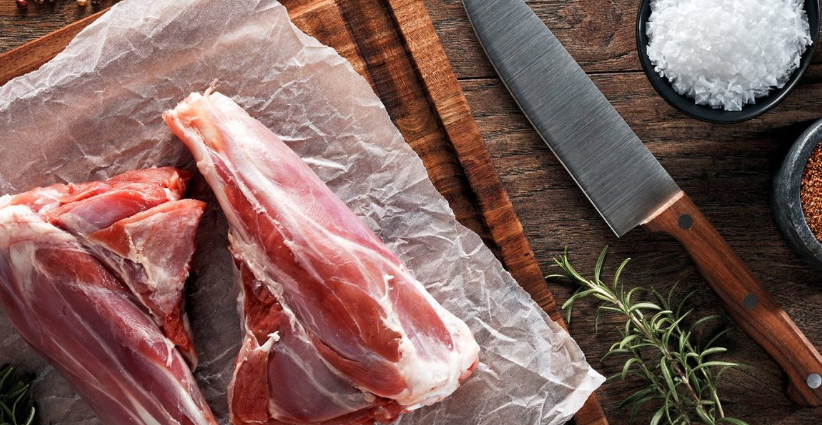Shocking Non-Halal Foods That You Didn’t Know About


Shocking Non-Halal Foods That You
Didn't Know About
You might have wondered how to know you are eating Halal meat, after all, all meat look the same! So, what is it that
makes this chicken, or beef, or mutton ‘Halal’ and others not?
The answer is that it depends on the way that the animal is bought up, and how it is slaughtered.
Halal meat is the flesh of the animal that has been slaughtered in the way prescribed by Qur’an and Hadeeth;
this method is called ‘Zabihah’. This procedure was taught to Muslims as the best way to slaughter an animal in order to
cause it the least amount of pain.
Here’s a non halal food list of items that are forbidden in Islam. To knowingly eat or drink any of them is a major sin unless it is an extreme case where no other food or drink is available, and the person is in danger of starvation, or for medicinal purposes (granted there are no other alternatives).
Read More : Halal Cosmetics
-
Non-Halal animals meat and meat that is not slaughtered according to the methods prescribed by
Qur’an and Hadeeth. - Alcohol
- Blood
to your meal in preparation.
alcohol. All the other types of vinegar are considered Halal
alcohol in the final product. Islamic scholars have ruled that consuming alcohol even in trace amounts is
forbidden.
Gelatin made from Haram meat, derived from pigs or other non-halal meats
- Look for packaged foods that carries a “Halal Certified” logo.
-
Always check the ingredients listed on the package this is your best bet on figuring out if the food is Halal
or not. -
In the case of confectioneries, look out for “gelatin” listed in the ingredients. If the package has no Halal
symbol, then it might not be Halal gelatin. - If you are eating at a restaurant that claims to be Halal certified, insist on seeing their certification.
- Refrain from eating, even vegetarian dishes, from restaurants that serve dishes that contain alcohol, non-Halal meat or pork. This is because they probably use the same utensils to cook both dishes, and it is quite possible that there is cross-contamination even if the dishes have been washed.
